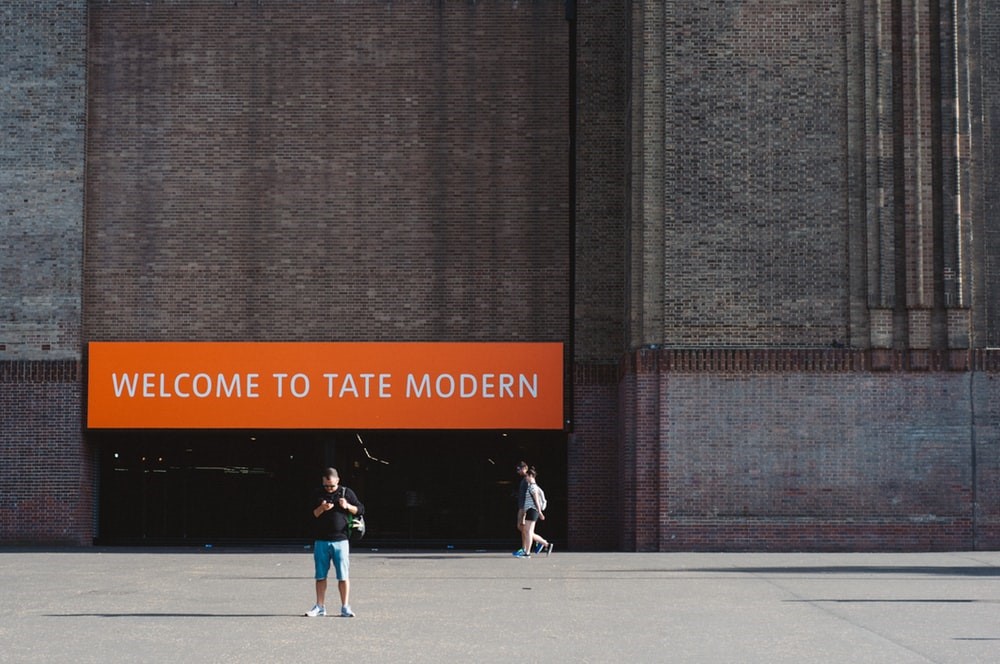
The Court of Appeal has handed down judgment in the case of Fearn & Others v The Board of Trustees of the Tate Gallery. This long running dispute concerns a debate between the Tate Modern gallery and its residential neighbours, due to the location of the Tate's public viewing platform and provides guidance for legal professionals on what can and cannot be classified as a ‘nuisance’.
What is ‘Nuisance’? And, How Does It Apply to This Case?
A legal nuisance is usually defined as someone doing something on their land which interferes with the use of neighbouring land. So, the question to be asked is overlooking land a ‘nuisance’?
Fearn and other neighbours of the Tate Modern, who were purchasers of flats at the newly developed residential complex on London's South Bank, are at the centre of this debate. They purchased their new flats around the same time that the Tate Modern completed their extension of the large viewing platform, which the court stated was "a striking view of London to the north, west, and east, with a less interesting view to the south".
Sounds great, so what’s the problem?
Well, unfortunately for the residents of the Tate Modern residential complex, the viewing platform also provided a view into their flats. They found that visitors of the gallery began to take photographs of the complex and even claimed that they were looking at the residential flats with binoculars.
In light of the above, Fearn and the other residents attempted to seek an injunction against the gallery to stop visitors using the platform and viewing their properties. Their basis for this was that the overlooking amounted to a legally actionable nuisance.

What Did the Court Find?
In the first instance, the court found in favour of the gallery that the overlooking was not a nuisance. This judgement was then appealed to the Court of Appeal who also agreed with the High Court and dismissed their appeal.
The Court of Appeal confirmed that "mere overlooking" is not capable of giving rise to a cause of action in private nuisance and so they would not be able to grant the injunction. The court concluded that "the overwhelming weight of judicial authority… is that mere overlooking is not capable of giving rise to a cause of action in private nuisance".
Following the decision, the residents applied for leave to appeal to the Supreme Court which has now been refused.
So, What Happens to the Residents?
Well, the court didn’t really provide much of a solution to their problem noting that “even in modern times the law does not always provide a remedy for every annoyance to a neighbour, however considerable that annoyance may be".
Are You Involved in a Similar Debate?
If you are currently involved in a similar dispute and would like to learn more about your legal rights or to start proceedings, our friendly and experienced property solicitors can help. Get in touch today with our residential and commercial teams.

